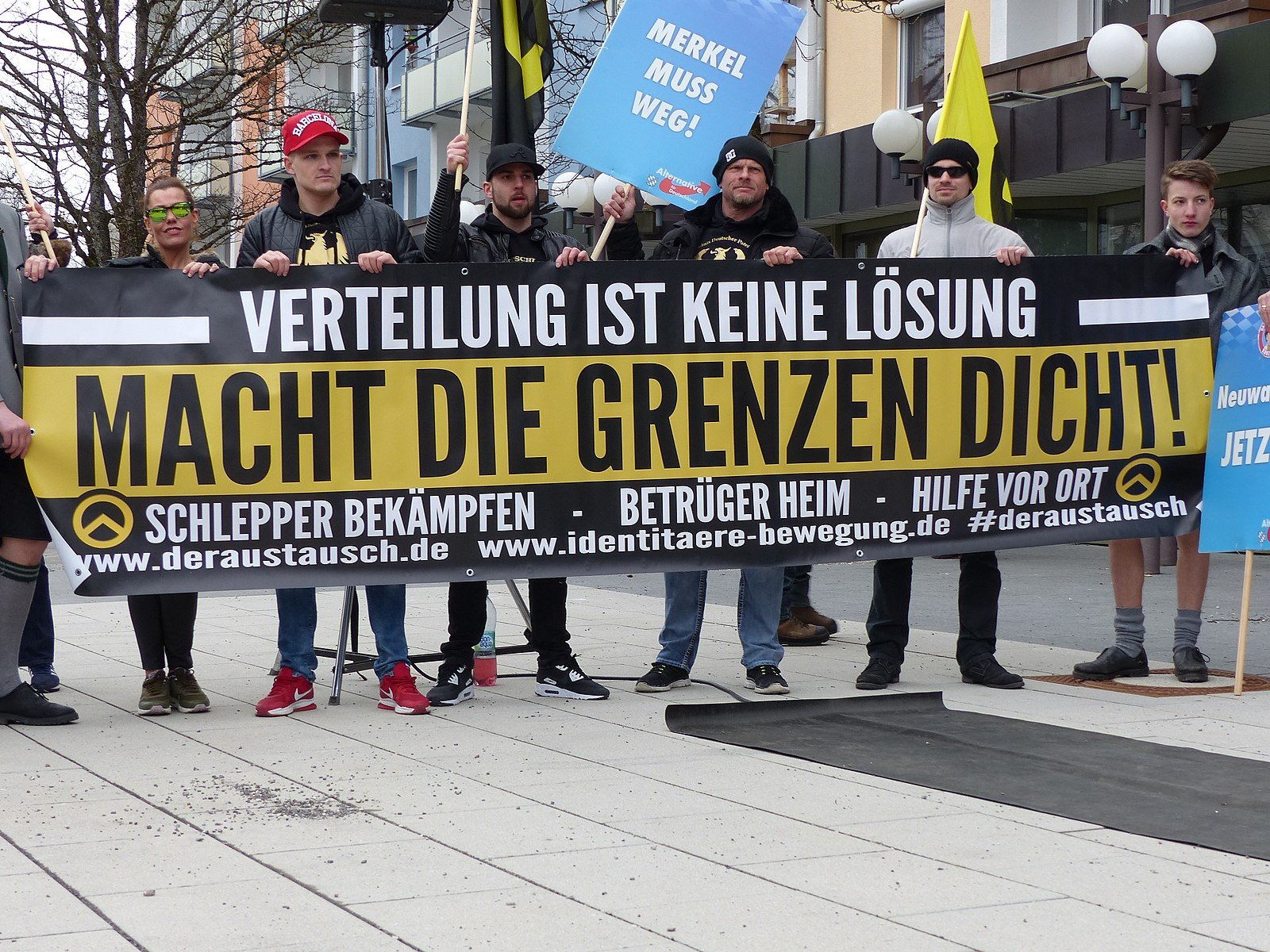Germany Sees Continued Controversial Far-Right Protests
As the conflict in Ukraine still dominates the political arenas across Europe, undercurrents of various far-right movements in the continent seem to be on rise once again. In Germany, where neo-Nazism has always been a seriously controversial topic, and where far-right politics, championed by the Alternative for Germany (AfD) party, has in recent years become a considerable political force, a medley of right-wing movements are stirring protests against issues ranging from pandemic restrictions, vaccines, denunciation of Russia, and anything between.
Authorities in Germany conducted a series of raids and made arrests of various neo-Nazi groups, as well as other far-right extremists, in an attempt to rein in the threat posed by such groups. However, the country’s far-right politics is deeply entangled and brings together proponents of many agendas, ranging from Holocaust denial, anti-immigration, anti-vaccination, etc.
In the country’s east, where vaccination rates are consistently lower and anti-lockdown protests persisted, there have been several cases of violent clashes between law enforcement and demonstrators, many of whom are neo-Nazis and other far-right extremists. The escalation of domestic terrorist threats have triggered the nationwide crackdown. Police arrested protesters accused of plotting to abduct Karl Lauterbach, the health minister, as well as extremist conspirators accused of an assassination attempt against the Premier of the State of Saxony. Both cases were likely agitations stemming from perpetuating right-wing campaigns against pandemic restrictions and vaccination in eastern Germany.
The ongoing Ukraine crisis has unsurprisingly also become fodder for far-right extremists. While there had been numerous rallies in support of Ukraine in many cities, counter-demonstration by pro-Russian protesters have also cropped up. Showcasing the complex and intertwining nature of the various far-right movements, many previously anti-vaccine protesters joined force with pro-Kremlin demonstrators. Proponents of the Russian invasion of Ukraine mixed into a protest against discrimination of Russians in Berlin, sparking a backlash of public outrage, while the Ukrainian ambassador to Germany voiced his anger at the pro-Kremlin protest, calling it “a convoy of shame.”
In Europe of late, there seems to have been a trend of mainstreaming far-right parties, from Germany’s AfD gaining ground in the German Bundestag to France’s National Assembly, whose leader, Marine Le Pen, is challenging Emmanuel Macron in the upcoming rFrench presidential election. In many ways, far-right politics in Europe today continues to occupy broader segments of the spectrum of political discourse as well as of pressing sociopolitical issues.


